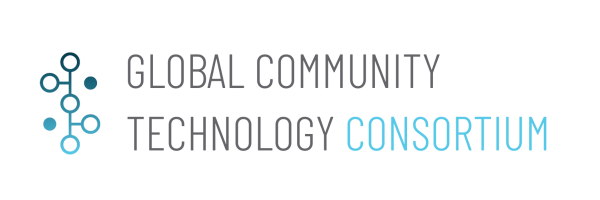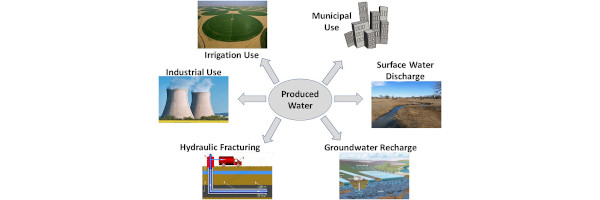Oil Gas well produced water localized treatment and recycle Coudersport Borough Eulalia Township PA USA
| Oil Gas well produced water localized treatment and recycle Coudersport Borough Eulalia Township PA USA | |
|---|---|

| |
 Reuseing Produced Water | |
| Team Organizations | Epiphany Water Solutions JKLM Energy Coudersport Area Municipal Authority PA |
| Team Leaders | Mike Broeker |
| Participating Municipalities | Coudersport PA Eulalia Township PA |
| Status | Launched |
| Document | None |
Description
Establish medium volume produced water treatment facilities near clusters of oil & gas well pads for localized treatment of the produced water. These facilities separate the produced water into metals for disposal, then salt for resale, and potable water for reuse or discharge to the local sanitation authority publicly owned treatment works (POTW). The facilities would be industrial waste water pre-treatment customers of the POTW.
Challenges
There are a growing number of shale horizontal oil & gas wells being drilled in basins throughout the US. This growing well count will be creating an increasing amount of highly saline produced water for decades to come. Produced water disposal in deep wells, the primary method of remediation, is generating increased truck traffic, road wear and tear, carbon emissions and earthquakes.
Solutions
The Epiphany produced water treatment facilities will lower operating costs for oil & gas operators, reduce truck traffic, road wear and tear, carbon emissions and earthquakes by treating produced water locally. Additionally, the Epiphany facilities will be recycling over 95% of the produced water vs. 0% recycling with deep well injection, as well as generating local revenue and jobs as a POTW customer.
Major Requirements
- Determine localized regions with clusters of oil & gas well pads and those well pads produced water volumes
- Evaluate local POTW facilities, permitted water volumes, available POTW connected locations and municipality interest in establishing Epiphany facility as a customer, generating an LOI
- Call local oil & gas operators to discuss interest in local treatment of their produced water and costs, generating their LOI’s
- Develop permit for state EPA/DEP industrial waste water pretreatment facility
- Finalize agreements and permitting to being facility build out and operations
Performance Targets
| Key Performance Indicators (KPIs) | Measurement Methods |
|---|---|
|
|
Standards, Replicability, Scalability, and Sustainability
- Epiphany works closely with oil and gas operator customers and EPA/DEP organizations to insure regulatory compliance for metals disposal, salt resell and water reuse/discharge as well as advancing best available technology standards
- The volume range (500-2000 bpd) of each facility has flexibility of scale, with the system being modular in construction.
- This volume range has been optimized to insure facilities can be replicated in many areas with local well pad clusters.
- The volume range also works within the permitted limits of most POTW facilities.
- Produced water will be generated for the life of the every oil & gas well in the country, with an expected life of at least 20 years per well.
- If oil & gas production is reduced or suspended in an area, the facility or a portion can be relocated.
Cybersecurity and Privacy
TBD
Impacts
- Increased revenue to the POTW
- Increased jobs with the Epiphany facility operation
- Reduced truck traffic, road wear and tear, carbon footprint and earthquakes
- Increased recycling of water
- Lower cost local salt purchasing for road salt
Demonstration/Deployment
Demonstration of overall process and produced water treatment stages showing source produced water and resulting metals, salt and potable water with accompanying chemical analysis.